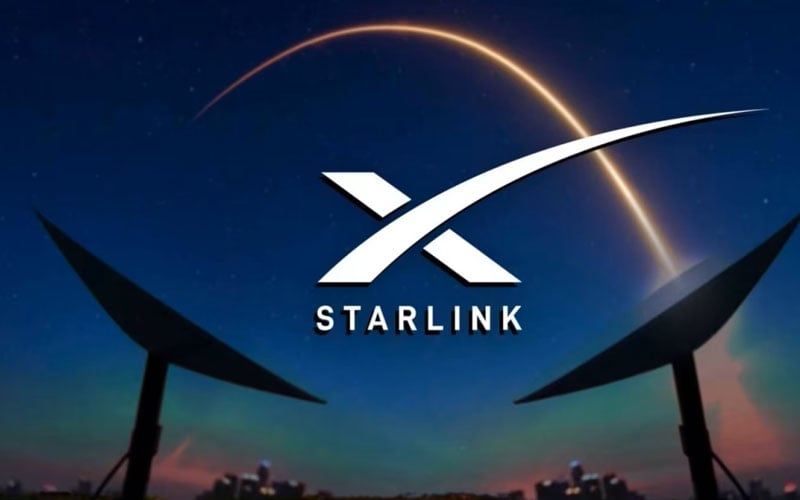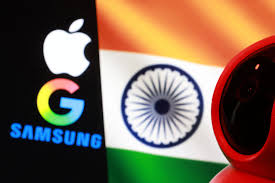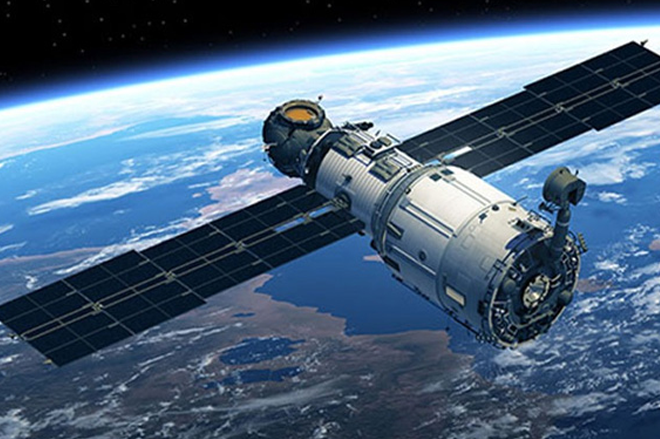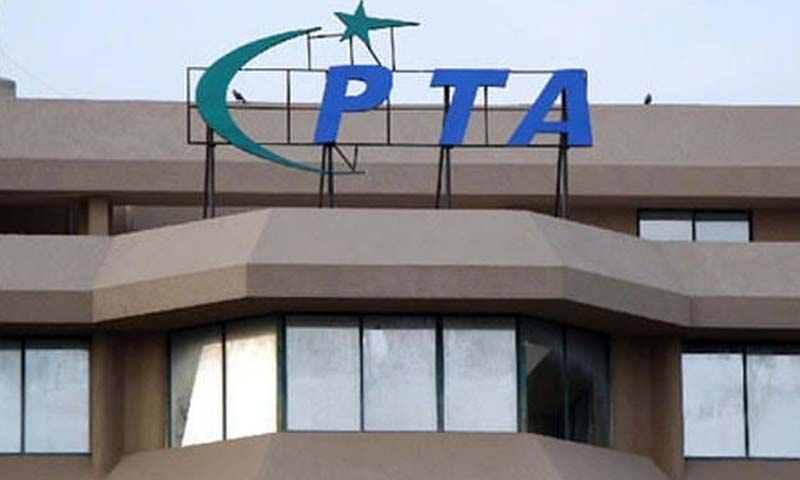SCIENCE & TECHNOLOGY

Elon Musk’s satellite internet venture, Starlink, has encountered a major regulatory roadblock in Pakistan, as its provisional registration has been terminated by the Pakistan Space Activities Regulatory Board (PSARB), official sources revealed.
The setback further delays Starlink’s much-anticipated entry into Pakistan’s broadband market, particularly in underserved and remote regions.
According to sources, Starlink was granted provisional registration on March 21, 2025, by the PSARB. However, the Pakistan Telecommunication Authority (PTA) had made it clear that permanent registration was a precondition for the issuance of a full operating license.
Starlink reportedly failed to secure the required permanent registration, and its provisional status expired in June, effectively suspending the licensing process.
Starlink Awaits Policy Clarity
In response to the development, Starlink officials confirmed they are currently reviewing the situation and are waiting for clearer policy directives from the government.
“We remain committed to providing global internet access and are hopeful that Pakistan will define a clear path forward for satellite internet licensing,” a company spokesperson told local media.
Regulatory Concerns Loom
The Pakistani government has previously voiced concerns about spectrum management, national security, and the localization of user data in relation to satellite-based internet services. Experts believe these concerns have contributed to the delay in formulating a comprehensive policy to regulate players like Starlink.
Telecom industry insiders say that until Pakistan finalizes its framework for satellite internet providers, all such ventures will continue to face uncertainty.
Public Demand, Policy Vacuum
With millions of people in Pakistan lacking reliable internet — especially in rural and mountainous regions — Starlink’s low-Earth orbit (LEO) technology could bridge the digital divide. But without regulatory approval, the project is on indefinite hold.
This marks the latest in a series of delays Starlink has faced globally as governments grapple with how to regulate next-generation space-based broadband technologies.




